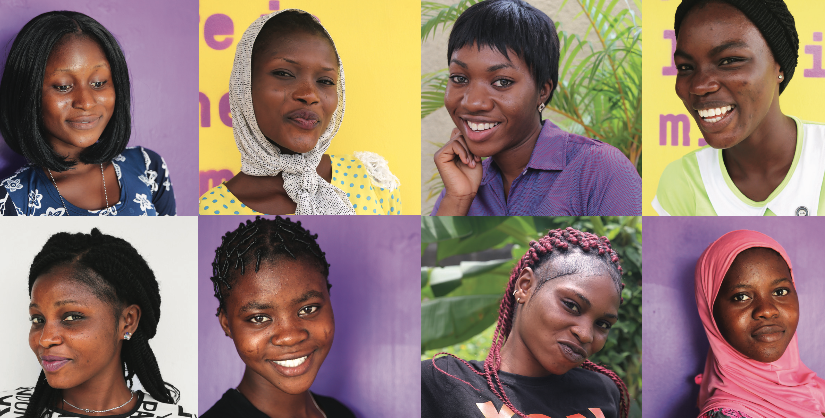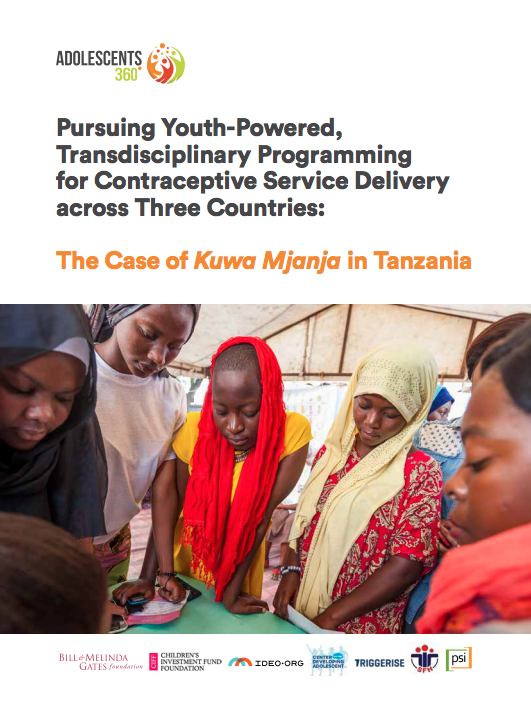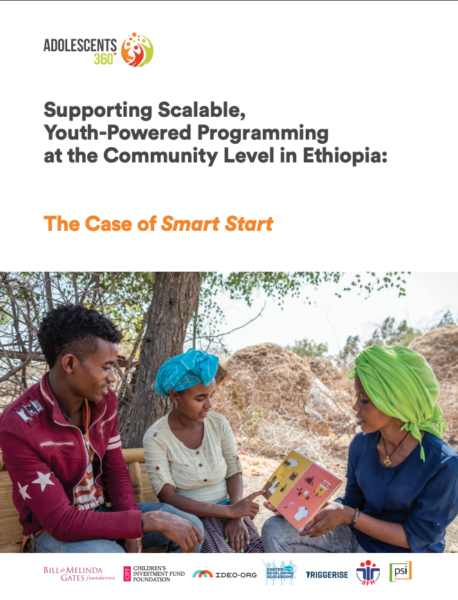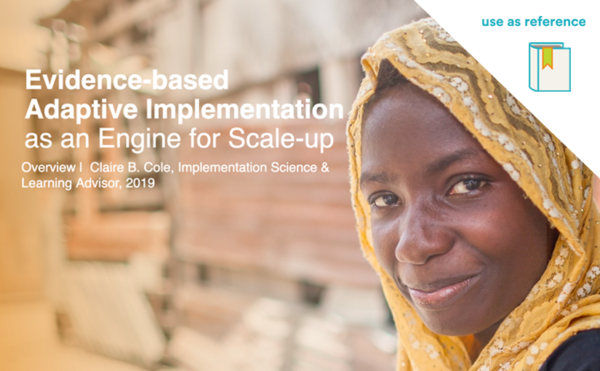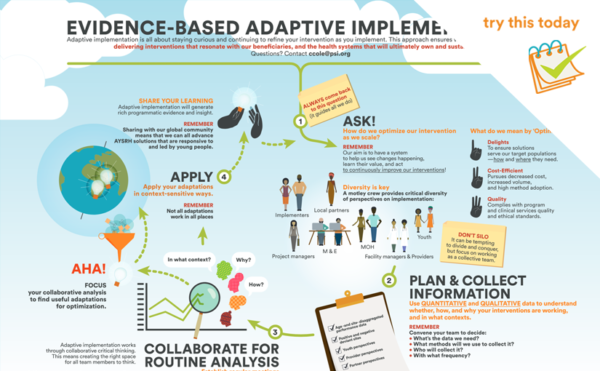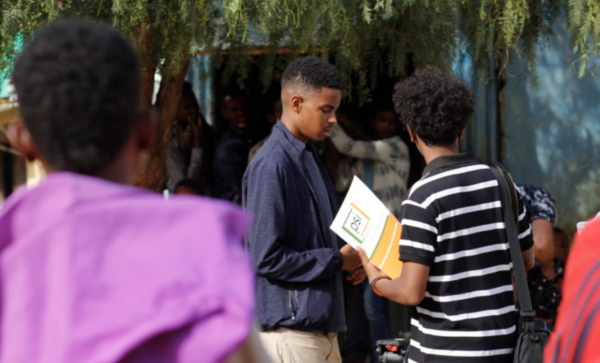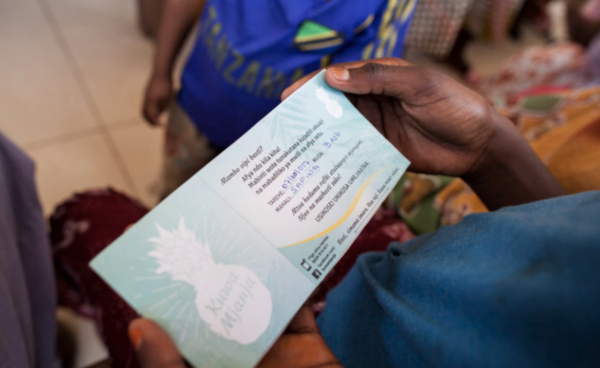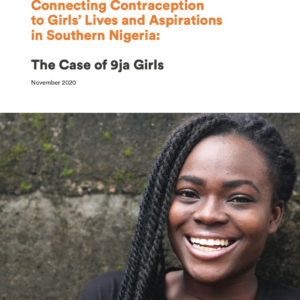
What is it?
A technical brief that analyzes A360’s strategy and lessons learned to date, presenting a case study of 9ja Girls, A360’s project in southern Nigeria.
Led by PSI and implemented by SFH Nigeria, 9ja Girls works in partnership with A360 young leaders and across Nigeria’s public health facilities to support unmarried girls aged 15-19 to identify their dreams, and then understand the role contraception can play to take them one step closer to achieving their goals.
How did we use it?
Among adolescent girls across developing countries, there remains a persistent unmet need for modern contraception. To resolve this, many organizations and projects have contributed to the evidence-base of best practices for adolescent girls to uptake modern contraception.
Despite major investments, scalable solutions remain elusive. A360’s uptake data, however, demonstrates that when evidence-based best practices are combined—and combined with a diverse team that offers a wide-range of perspectives—adolescent sexual and reproductive health (ASRH) solutions can be scaled at great impact.
What does this look like on the ground in southern Nigeria? Here’s your chance to find out.
Consider using it to:
The publication offers considerations for ASRH programs and practitioners seeking to design and implement scalable, sustainable, community-based programming with and for adolescents.
Specifically:
- How can ASRH programs start the conversation with girls’ goals to increase girls’ voluntary uptake of modern contraception?
- How can teams strike a balance: designing for girls and designing for scale?
- How can adaptive implementation offer an evidence-based framework to tweak and tailor programming to ensure interventions stay true to girls’ and health systems’ priorities?

